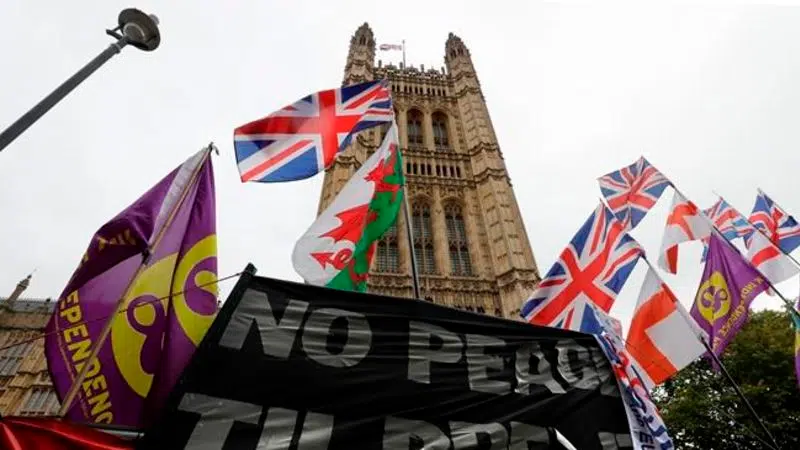
EU envoys agree that Brexit extension is needed, no date set
LONDON — Less than a week before Britain is scheduled to leave the European Union, ambassadors from the bloc’s 27 other nations agreed Friday to grant the U.K.’s request for another extension to the Brexit deadline — but they did not settle on how long that delay should be.
As so often during more than three years of Brexit drama, the two sides were in a stalemate, each waiting for the other to make a move. British politicians want to know the length of the delay before deciding whether to hold an early election. The EU, meanwhile, wants to know what Britain plans to do with the extra time.
Speaking in Brussels after EU ambassadors met with the bloc’s chief Brexit negotiator Michel Barnier, European Commission spokeswoman Mina Andreeva said the envoys accepted the terms of an extension and their “work will continue in the coming days.”
Two European diplomats said the ambassadors would meet again early next week. Andreeva hinted that the EU would not hold a special summit on Brexit to approve the extension, saying the decision will likely be made in a statement.


